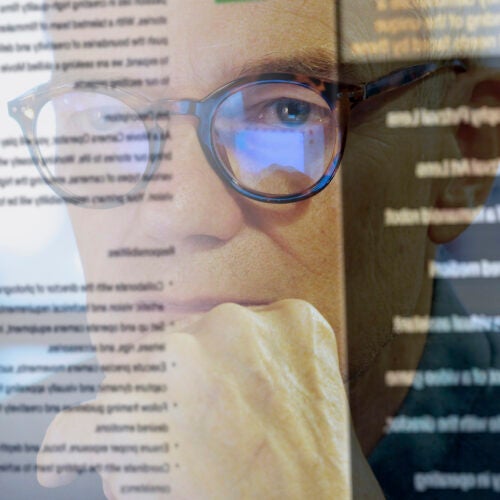
Podcast episode
AI and the ‘Scientific Sleuth’
Ideas to Innovation - Season Two

Podcast episode
Ideas to Innovation - Season Two
Maintaining belief in the truthfulness of what we see, read and hear has never been as difficult as it is today. While technology plays a huge role in this current state of affairs, most appalling is the human faker, someone who sets out to deceive and profit with sophisticated methods that pre-date the latest tech advances such as artificial intelligence or AI. In today’s scientific research, fakery can be highly sophisticated, manifesting itself in areas like data and image falsification. Spotting dishonesty across virtual floods of information isn’t easy. Challenging even the most egregious of lies can be tricky as well.
In our latest episode of “Ideas to Innovation Season 2,” we welcome an associate professor who has been able to spot fakes in scientific research publications with uncanny accuracy, to such an extent, in fact, that this talent has earned him the moniker of the “scientific sleuth.” David A. Sanders, a virologist at Purdue University in West Lafayette, Indiana, argues that fraud is a serious academic issue that must be confronted head on, especially during this age of AI. Through the course of his work, David has become focused on the veracity of scientific literature and has called out publicly, including from the front page of The New York Times, the many times when there are violations of such truthful principles. He shares that it’s important not only for him but for all scientists to point out violations of scientific norms and to discriminate between what is truthful and what is false.
